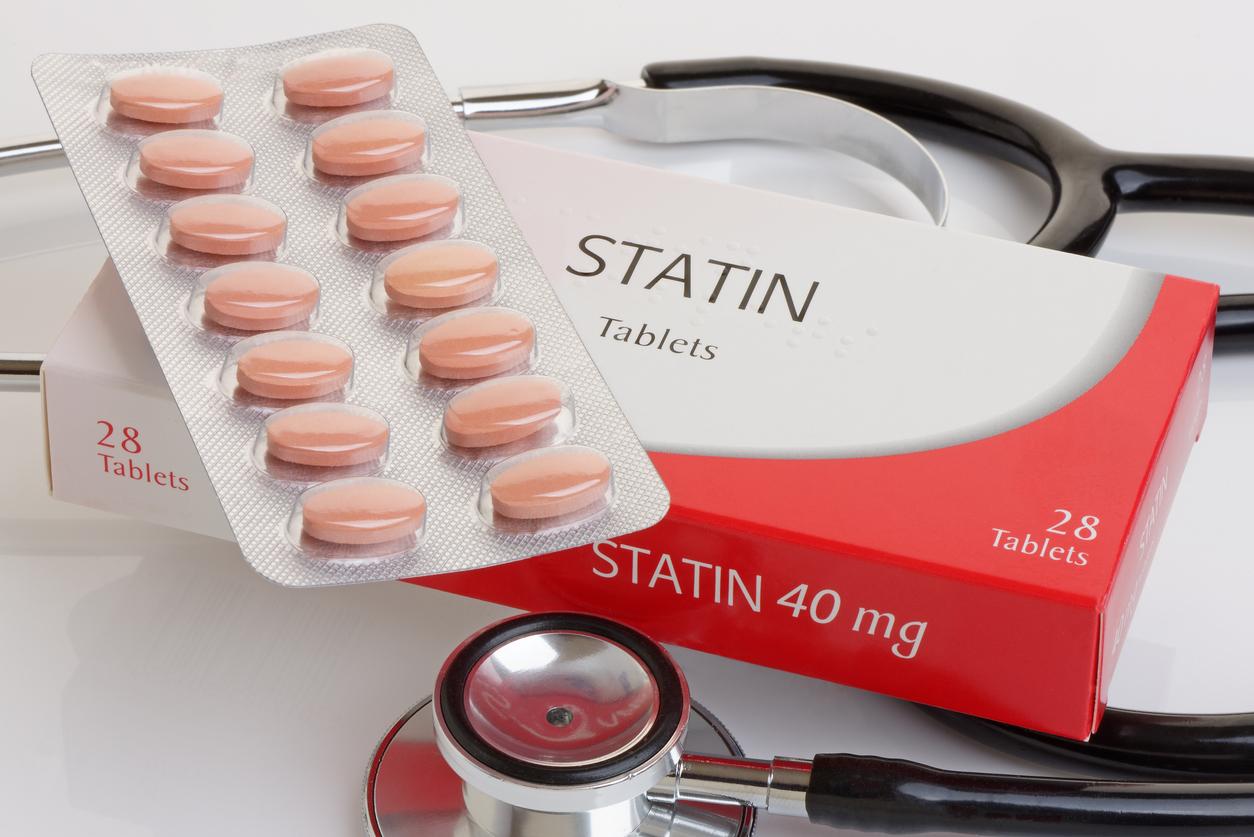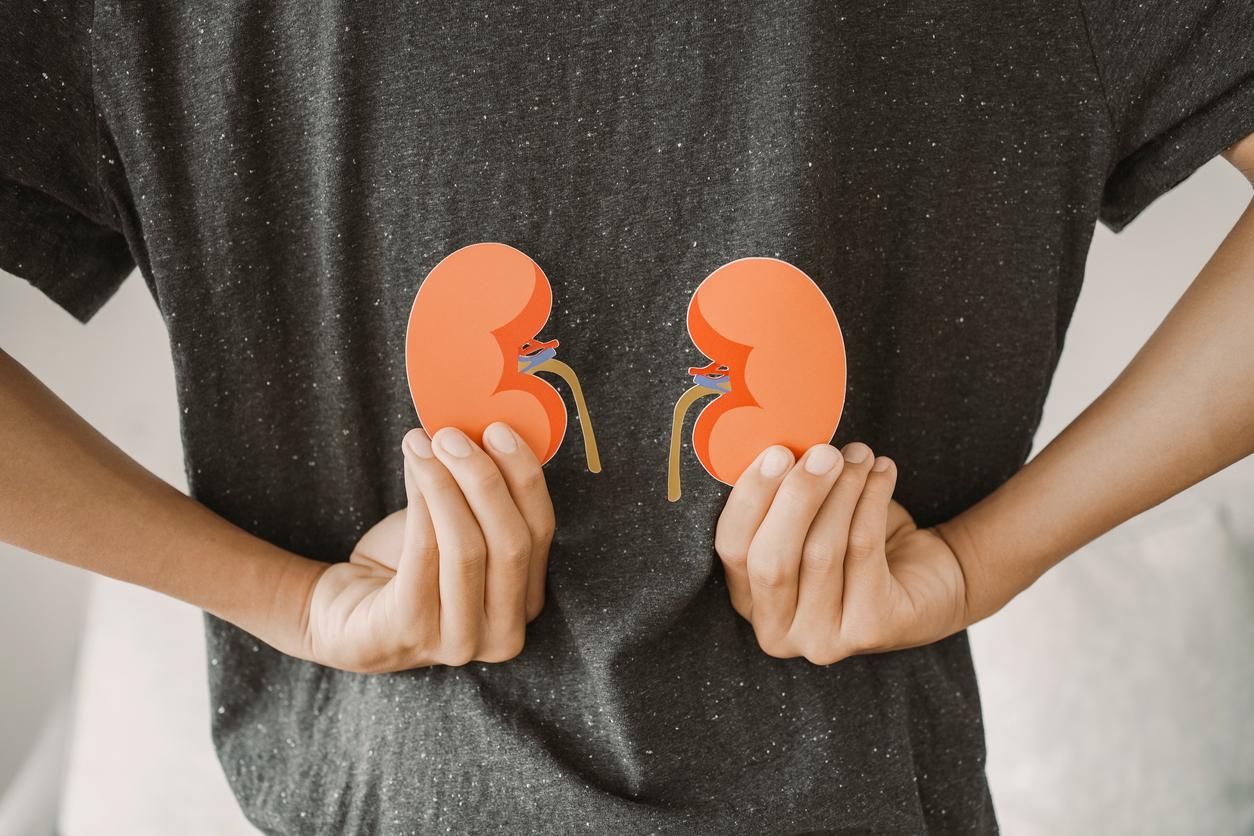The violence shaking New Caledonia is preventing access to dialysis, thus endangering the lives of those who need this treatment.

- Dialysis helps rid the body of waste, excess fluid and electrolytes that build up in patients’ blood when the kidneys no longer function.
- Without this treatment, patients die within just a few days.
- Faced with the violence which is seriously disrupting New Caledonia, the Renaloo association is warning of the worrying situation of the 700 dialysis patients who are there.
In a letter addressed to the President of the Republic, the Prime Minister, the government of New Caledonia and the High Commissioner of the Republic, the patients’ association Renaloo calls for the implementation of an emergency action plan to save dialysis patients in New Caledonia.
The serious crisis shaking New Caledonia is leading to the deprivation of care for many people suffering from acute or chronic pathologies. Among them, 700 dialysis patients find themselves in a particularly dramatic situation.
New Caledonia: in the absence of dialysis, rapid death occurs
“Their survival is suspended upon the completion of this treatment, at the rate of three sessions of at least four hours per week for hemodialysis. Any delay, any interruption, any reduction in the duration of the treatment puts them in serious immediate danger” , underlines the association in a press release.
Dialysis helps rid the body of waste, excess fluid and electrolytes that build up in patients’ blood when the kidneys no longer function. In the absence of dialysis, rapid poisoning occurs. Death usually occurs within a short number of days (five to seven on average, sometimes less) and with excruciating suffering.
“The current situation makes access to dialysis particularly difficult in New Caledonia: structures are inaccessible or ransacked and deliveries are made impossible, including for patients treated at home”deplore the members of the non-profit organization. “Patients who cannot access their dialysis are encouraged to contact the SAMU for emergency treatment. But emergencies are also severely disrupted, which increases the risk that the dialysis thus delivered will be of degraded quality and will “thereby running major risks of complications for patients”, they also warn.
“Dialysis patients in New Caledonia are younger than those in mainland France. Two thirds of them are also diabetic, which increases their risk of death linked to excess potassium in the blood. In fact, it seems that human losses have already occurred”, they also emphasize.

New Caledonia: what can be done to protect people on dialysis?
Activists therefore call on public authorities to do everything possible to ensure that the health and lives of people receiving dialysis are protected in New Caledonia. In this sense, they ask that all possible solutions be assessed as quickly as possible, including the grouping of all patients on a single, priority-supplied site.
















-1730888646.jpg)